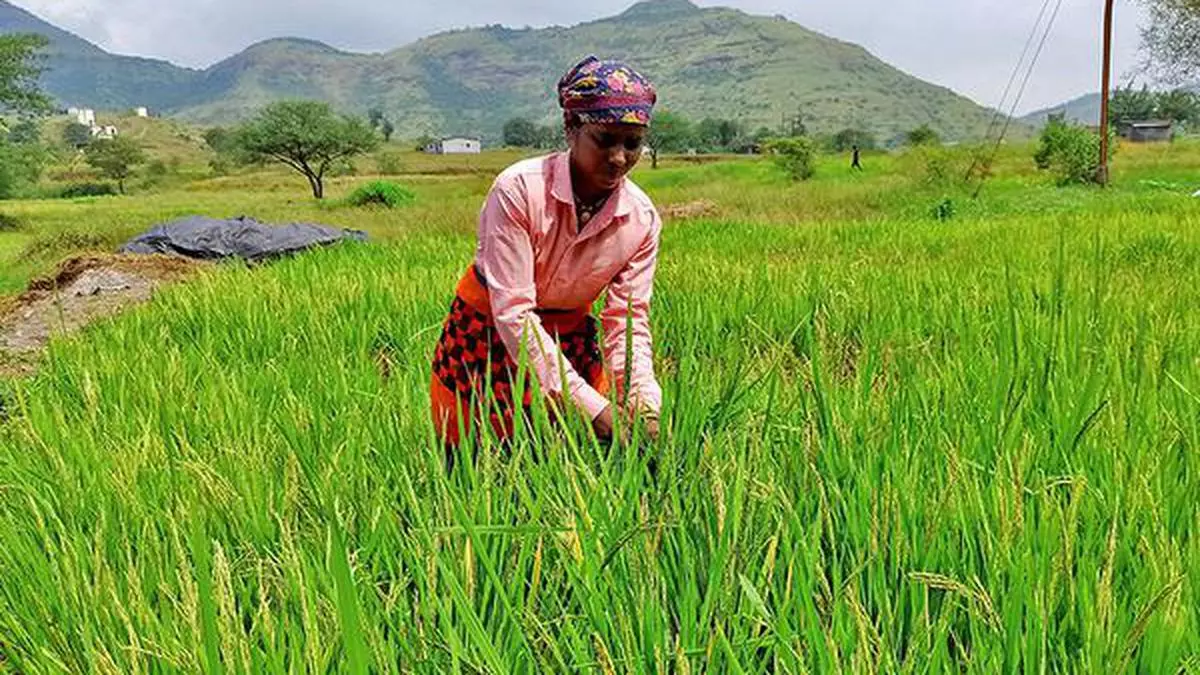Harvesting tech – key challenges that agri-tech start-ups face in India
Agriculture, despite being one of the largest sectors in India, is still riddled with many operational and visionary issues. What is seen as a weak sector is actually a giant. But, if triggered with strategy and vision, it can help the economy achieve unprecedented growth. Realizing this, many startups are entering the field of agritech and changing it for the better.
Agritech startups come up with innovations, disruptive business models, and pivots that can address inefficiencies in the agricultural sector. From promoting the adoption of sustainable farming practices to improving crop quality to redesigning the supply chain, agricultural technology aims to remove pitfalls in the entire production and distribution stages and increase efficiency.
Here are some of the major challenges faced by agritech startups:
Old data before harvest
The agricultural industry largely operates on outdated data, including outdated sowing patterns. To create impactful change with the help of technology, startups need access to current data that takes into account changing weather patterns. This is one of the major issues faced by agritech startups. To grow farming communities that can easily adopt technology for information such as weather alerts on phones, best farming practices, advice on taking care of pest attacks, etc: requires data that takes into account current pre-harvest conditions as well.
lack of mentors
Agriculture and farming have not yet found their space in the urban landscape. Another problem that agritech entrepreneurs face is the lack of mentors and experts in the urban field. This is to be expected, given that the field itself is emerging for all practical purposes. Incubators, especially for start-ups, must have the competence, experience and knowledge on the ground to direct new business. They must also have the conviction and patience to support pioneering ideas to their logical conclusion – this will lead to a net positive outcome for all stakeholders.
Limited understanding
Given the unregulated nature of the agriculture sector, most investors are not aware of the realities on the ground of the farming community and the operational challenges that agritech startups face in running their day-to-day businesses. A lack of understanding by urban investors often leads to hurdles in the search for and sustainability of financing. A concerted effort is needed on the part of the VC community to share and learn from the hundreds of grassroots building techniques for the rural and agricultural audience.
government initiatives
The government is making a lot of changes in its agriculture policies. They recognize the true potential of the sector and support its pivot towards digitization. However, more investment is needed in the same. From bringing the best technology suitable for our country’s terrain and agricultural landscape to commissioning research and development, much remains to be done. Initiatives like Start-up India, Skill in India, etc. should take into account the work being done by agrotech startups.
Lack of technology in agriculture
Agriculture is still largely manual. This is mainly because farmers are not familiar with the technology. Therefore, it often takes time and convincing to bring technology into their daily routines and practices and bring about the change that agritech startups aim for.
market connection
A large part of agricultural value chain development must look at innovative ways to connect producers to end users. This is often a silo where startup founders face challenges. For agrotech to simplify many processes, agrotechnology supply chains must be integrated value chains that enhance sales to businesses or end users from independent farmers.
Tip of the iceberg
The rural economy has been growing at a rate of 10 percent year on year over the past five years and has contributed nearly half of the country’s GDP. It contributes 16 percent of India’s GDP and employs 43 percent of the Indian labor force.
This growth is just the tip of the iceberg. If agritech startups can overcome the above challenges and if the industry is optimized, the agricultural sector can truly operate with a business mindset, witness exponential growth, and generate countless jobs.
(The author is Co-Founder and CTO of Carnot Technologies)
